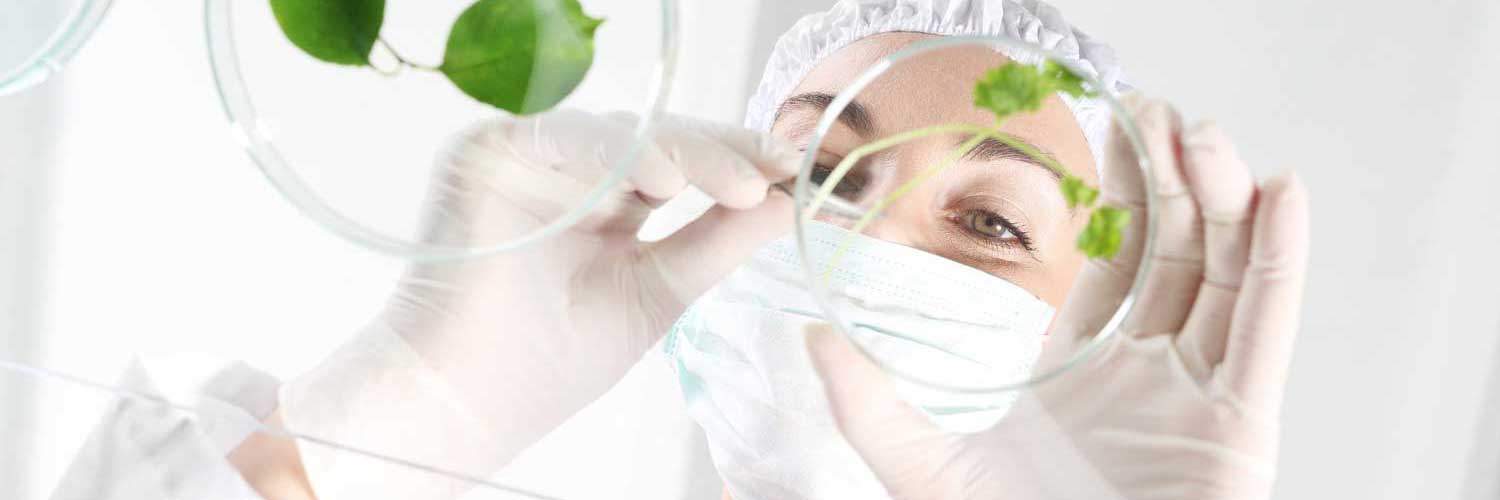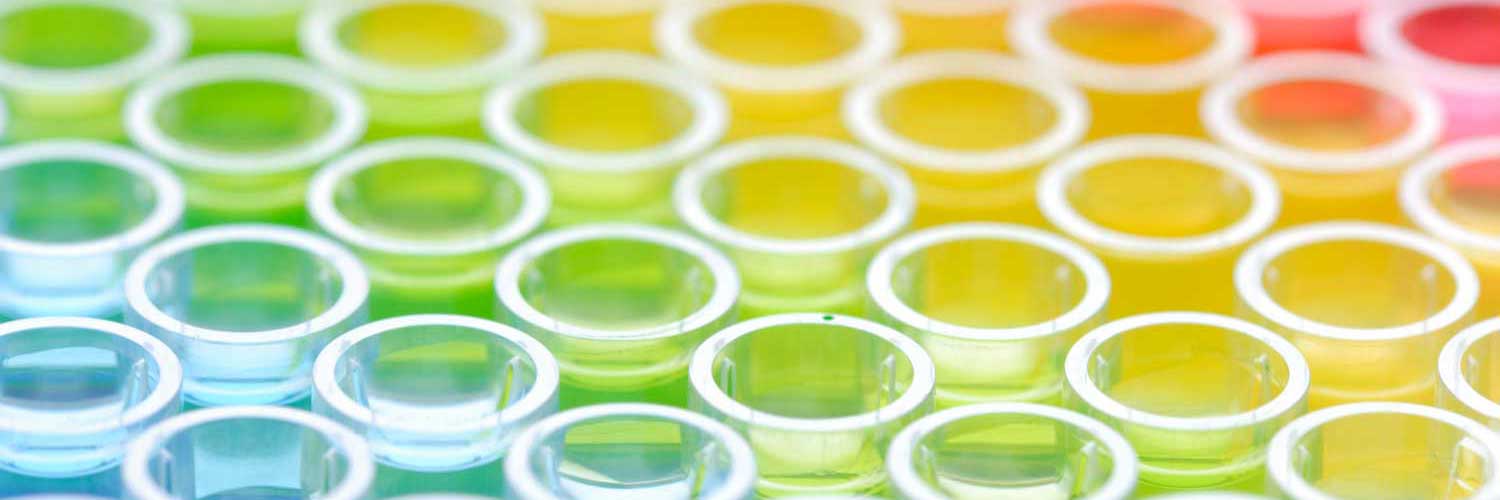Welcome toVALITEST
2018-05 to 2021-10
Introduction and context
Global food security is the most significant challenge mankind is facing in the 21st century due to the ‘perfect storm’ of a growing population (estimated to exceed 9 billion by 2050), climate change, demand for energy, increased pressure on natural resources, slowing of agricultural productivity growth and decline in the land area under agriculture. Additionally, although it is estimated that a 50% increase in food production will be needed by 2050, currently a quarter of the world’s crops are lost to pests, causing major economic losses and social impacts globally. Protecting crops against these losses from farm to fork is critical for achieving sustainable and competitive agriculture as well as for the protection of biodiversity and ecosystems. Establishing smart surveillance mechanisms is essential to the fulfilment of this important goal, as these enable effective monitoring and control of introduction and spread of plant pest.
Early diagnosis and a rapid response are crucial to reduce the risk of entry and spread of plant pests and ultimately their impacts. Furthermore, it is recognized that plant pests can be managed most effectively when control measures are implemented at an early stage of infestation. National Plant Protection Organizations (NPPOs) routinely conduct inspections supported by pest diagnosis for export certification, import, pest surveillance and eradication programs. In 2016, the Commission on Phytosanitary Measures adopted a recommendation on diagnostics recognizing that ‘pest diagnosis is a cross-cutting issue that underpins most International Plant Protection Convention (IPPC) activities. In order to take action against a pest, it must be accurately identified. To enable safe trade, pest diagnosis must further be completed quickly and to a high level of confidence’.
Validation is essential to provide information on the performance of the tests that are used in diagnostic. However, most detection and identification tests are currently only validated on an intra-laboratory basis or through limited test performance studies (TPS), and there is a need to further harmonize practices.




